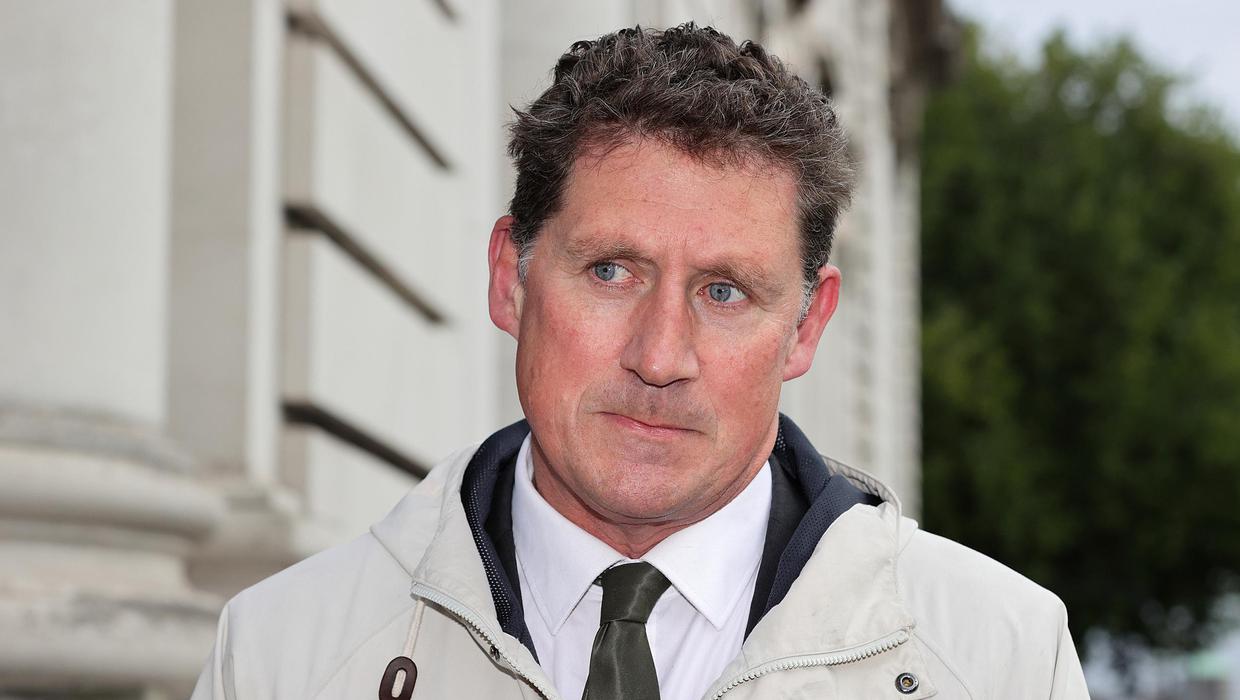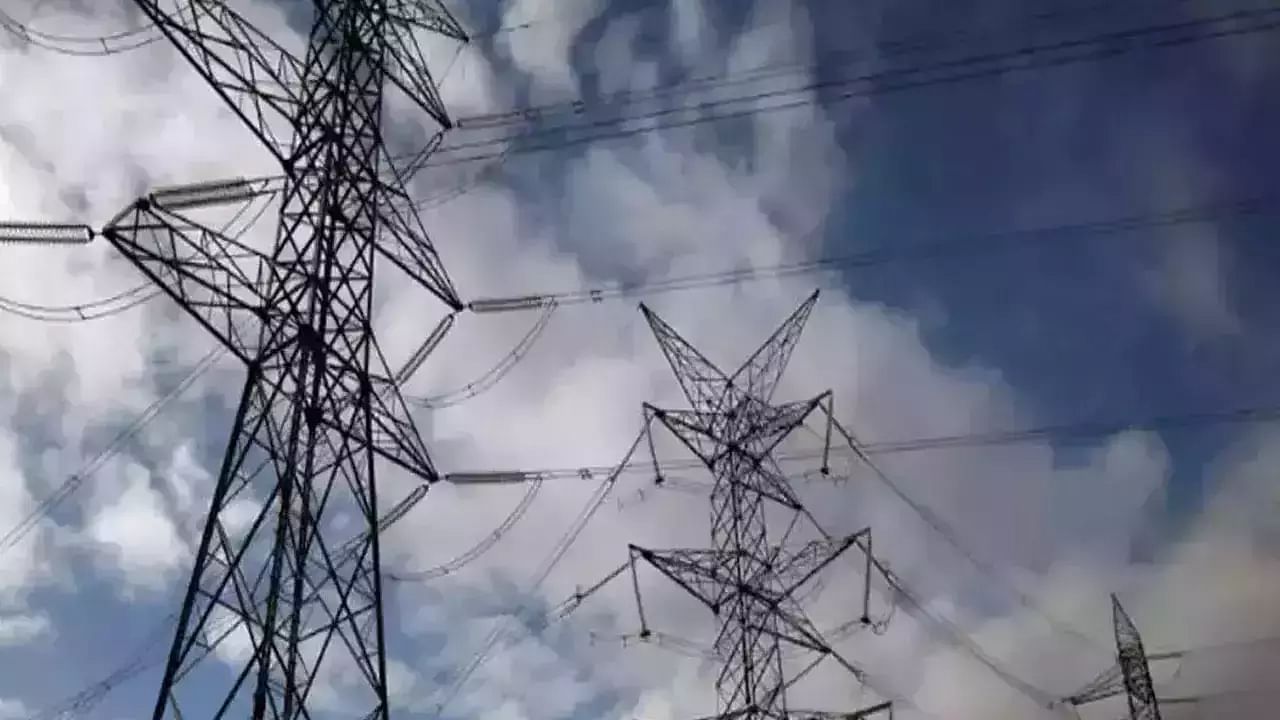04 October, 2022 | 01:30 AM
https://www.dailynews.express/posts/eur600m-lumped-on-our-home-energy-bills-to-help-big-business
€600m lumped on our home energy bills to help big business

A subsidy paid by householders to help big businesses with their energy costs was still being added to domestic bills up until last week, it has emerged. M ore than half a billion euro in extra charges has been levied on householders’ electricity bills since the Large Energy User Rebalancing Subvention was introduced more than a decade ago, the Irish Independent has discovered. The subsidy has cost individual householders up to €480, since the support was introduced in the last recession in 2010, with at least €600m in extra charges added to domestic electricity bills in that time. Neither the energy regulator nor the Department of the Environment, the department in charge of energy matters, could explain why the subvention has continued for so long. Read More ‘An unprecedented level of increase’ – Energy prices to stay high, committee is warned Cabinet to sign off on major reform for An Bórd Pleanála after Housing Minister Darragh O’Brien promised to overhaul appointment process Hard-pressed households will not even get to benefit from its removal now. While scrapping it will save them €40 a year, the energy regulator last week increased network charges for all electricity customers, adding €41 to a domestic bill and swallowing up the saving. The subvention caused anger when it came into effect, in a year when 1,400 customers a month were being disconnected because they could not afford to pay their bills. Explaining the rationale for it at the time, Eamon Ryan, who was then energy minister as he is again now, said: “Restoring the competitiveness of Irish industry is a priority concern for government. Protecting jobs and economic activity is in the interest of every consumer and every citizen.” The subvention stayed in place after the change of government in 2011 and survived several reviews by the regulator since. When the regulator, the Commission for the Regulation of Utilities (CRU), proposed removing it in a consultation document last August, numerous unnamed companies objected. Daily Digest Newsletter Get ahead of the day with the morning headlines at 7.30am and Fionnán Sheahan's exclusive take on the day's news every afternoon, with our free daily newsletter. Enter email address This field is required Sign Up They included a cement manufacturer, which said production would have to stop, and a mining firm which warned of “existential implications” for operations. Others classified by the CRU as large energy users include pharmaceutical and tech companies, food producers and data centres. Explaining the decision to remove the subvention, the CRU said the measure was implemented “in the context of the financial crisis”. “The CRU has had regard to the duration of the measure and the energy inflation which has increased the estimated share of households in energy poverty to 29pc.” Asked how much had been collected over the last 12 years and who was responsible for reviewing the measure, the CRU said: “The decision to unwind the subvention was a CRU decision.” At an Oireachtas committee in 2010, however, then regulator Michael Tutty said of its introduction: “I thought I had made it clear that it was not our decision at all. It was a government decision.” The Department of the Environment said last week’s decision was “a measure that was taken this year to alleviate costs to domestic users” but did not elaborate. In 2009 it was stated the subvention would cost households €50m a year. Removing it last week, however, the CRU said it would cut household bills by €40. With almost 2.1m households, that would suggest the amount ‘rebalanced’ in recent years was closer to €84m. Read More ‘An unprecedented level of increase’ – Energy prices to stay high, committee is warned Cabinet to sign off on major reform for An Bórd Pleanála after Housing Minister Darragh O’Brien promised to overhaul appointment process





